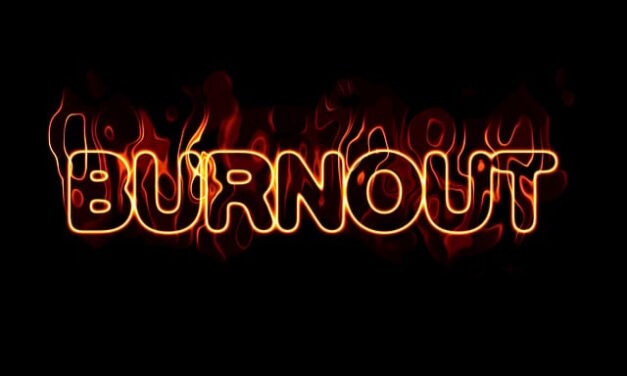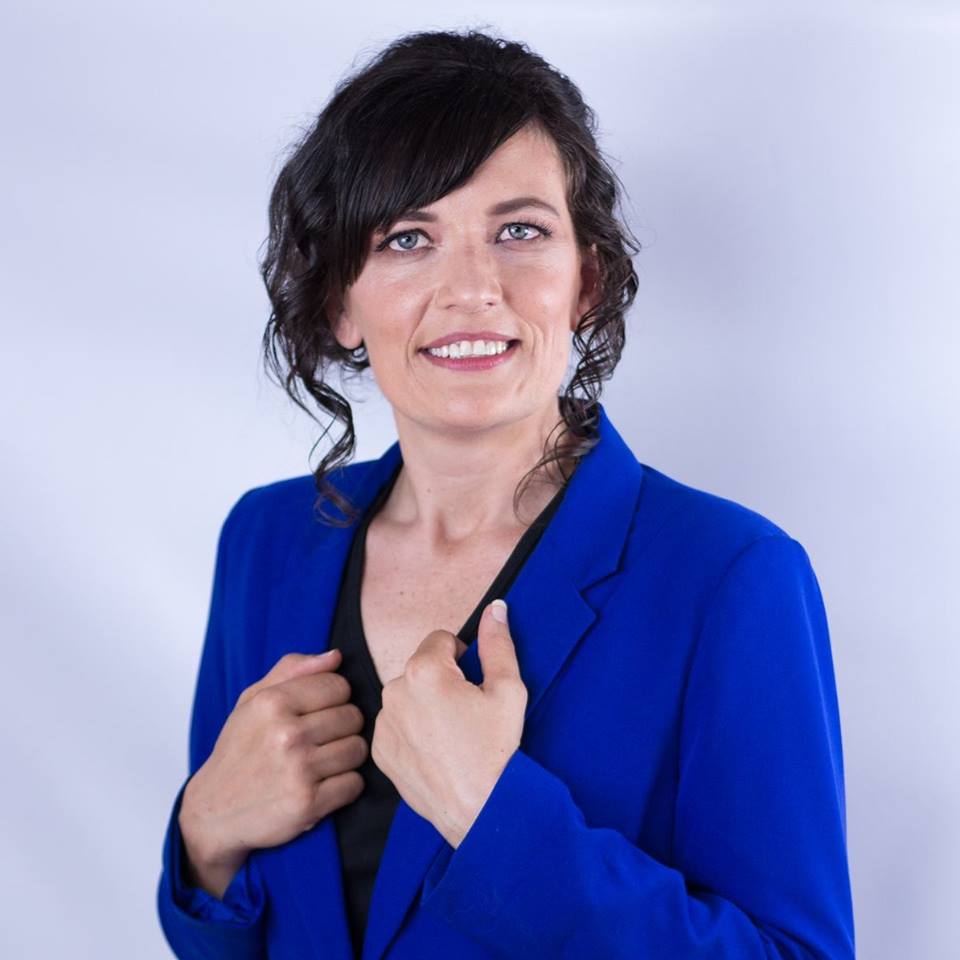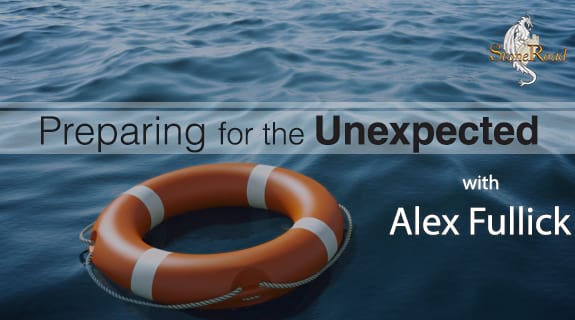Burnout: When You’re So Tired of Being Tired
Burnout – the hardest thing about fixing it is that we can be too burned out to do anything...
Read Moreby Camille Vardy | Jul 31, 2023 | Health & Wellness, VoiceAmerica | 0 |
Burnout – the hardest thing about fixing it is that we can be too burned out to do anything...
Read Moreby VoiceAmerica | Jul 6, 2021 | Business | 0 |
This week’s article is provided by Deb Lewis, founder of Mentally Tough Women (MTW). It is a...
Read Moreby VoiceAmerica | Sep 22, 2020 | Health & Wellness | 0 |
Derick, Yonally & Kleyne Propose Stress & Addiction Relief on Sharon Kleyne Talk Radio....
Read Moreby VoiceAmerica | Sep 22, 2020 | Health & Wellness | 0 |
Nancy Yonally & James Derick Share Stress-coping Education with Sharon Kleyne on Kleyne Talk...
Read Moreby VoiceAmerica | Sep 21, 2020 | Health & Wellness | 0 |
Dr. David Clark President of Psychophysiologic Disorders Association on Sharon Kleyne...
Read Moreby VoiceAmerica | Jan 31, 2020 | Empowerment | 0 |
A calmer mind can help you respond to stressful situations in a way that is less harmful to your...
Read Moreby VoiceAmerica | Nov 2, 2018 | Health & Wellness | 0 |
Please attend Kristen Harper’s speech on November 9, 2018 (Friday) at the Arizona Pinners...
Read Moreby VoiceAmerica | Jun 15, 2018 | Health & Wellness | 0 |
Kristen Harper will be speaking June 24, 2018 at 1:45pm at the International Esthetics,...
Read Moreby VoiceAmerica | Apr 4, 2018 | Empowerment | 0 |
Transformational Time & Project Management Tips By Ariel & Shya Kane We have a client who...
Read Moreby VoiceAmerica | Jan 16, 2018 | Variety | 0 |
The 2018-03-08 episode will dig a bit deeper into how disasters impact our behaviors and ongoing...
Read Moreby VoiceAmerica | Nov 29, 2017 | Business | 0 |
It seems that we all spend an enormous amount time trying to avoid what we feel. Every other...
Read Moreby VoiceAmerica | Jun 22, 2017 | Empowerment | 0 |
If you are looking for upbeat, life-changing, and mind stretching information, you’ve come...
Read More












